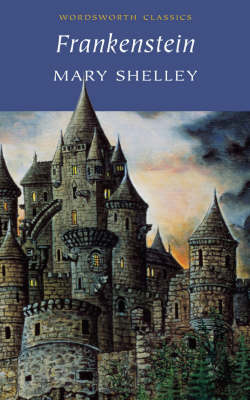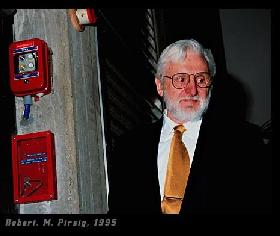It got me thinking: What do we expect when we read a classic?
In July of 2006, Apple and I heard Shannon Hale speak at BYU's Symposium on Books for Young Readers. Shannon had a lot to say about classics and how they destroyed her reading enjoyment.
She wrote this on her website:
We don't want to destroy reading pleasure!
Should we discontinue teaching classics to high school students? Shannon Hale sure made a strong case for it.
Some argue that high school students are not experienced enough to appreciate the classics at their age.
Certainly I appreciated To Kill a Mockingbird much more when I read it as an adult than I did at age fourteen.
.And my son, Ben, was deeply moved by reading The Kite Runner his senior year.
I don't think he would've gotten as much out of The Scarlet Letter.
(Okay, I used this image because so many people have told me that this is what they really read in high school.)
But I, for one, loved reading the classics in high school. And I'm grateful to belong to a book group that is not intimidated by them. Even when I find the book difficult to appreciate, as in The Portrait of a Lady by Henry James,
I get so much out of the discussion. (Thanks, Leggy, in this case.) I'm always glad I spent the time and energy to "understand" its value.
If we didn't teach Romeo & Juliet in school would Taylor Swift's "Love Story" have become a hit song?
(This video is from the 1968 Zefirelli film for all of you who remember seeing it.) I think the boy who plays Romeo looks a bit like Zac Efron.
And if we didn't have the Taylor Swift song, we certainly wouldn't have Jon Schmidt's brilliant adaptation:
And teens around the country would not have been able to predict the ending of Letters to Juliet:
It's sweet.
If you haven't seen it yet, it is still at the dollar movie!
And we wouldn't have comic Anita Renfroe's version of Love Story, either, which would be sad. She always makes me laugh.
I could go on and on. . . .
The things we read, and hear and watch become part of the collective consciousness:
n. In Jungian psychology, a part of the unconscious mind, shared by a society, a people, or all humankind, that is the product of ancestral experience and contains such concepts as science, religion, and morality.
I find it interesting to try and understand why a certain piece of literature struck a chord during its day and why it has endured. In the future people may shake their heads while reading Harry Potter and Twilight, while asking why it had such an appeal for people of our day. Okay, there are people shaking their heads over it now, but you can't deny the cultural phenomenon.
I don't think we realize how many things we all "understand" because of something that was written and read/performed years and years ago.
Here are ten:
1. Siren song: the enticing appeal of something alluring but potentially dangerous. This came from Homer's Odyssey.
2. "Blood on my hands": to be responsible for violent injuries or deaths. This came from Shakespeare's Macbeth.
3. "I'd sell my soul to the devil": to accept immoral behavior in order to succeed. This came from the legend of Faust, most popularly in Goethe's Faust and Marlowe's The Tragical History of Doctor Faustus.
4. "It's all Greek to me": something that you say when you do not understand something that is written or said. This came from Shakespeare's Julius Caesar.
5. An albatross: a symbol of bad luck. This came from Samuel Taylor Coleridge's poem "The Rime of the Ancient Mariner."
6. Doubting Thomas: someone who will not easily believe something without strong proof or evidence. I know that all of you are very familiar with this reference from the Bible.
7. Catch-22: a situation where one thing must happen in order to cause another thing to happen, but because the first thing does not happen the second thing cannot happen. This came from Joseph Heller's book by the same title.
8. Big Brother: a government or a large organization which tries to control every part of people's lives and to know everything about them. This came from George Orwell's 1984.
9. Scrooge: A mean-spirited miserly person; a skinflint. Another very familiar reference to a character from Charles Dicken's A Christmas Carol.
And last but not least (returning to our previous discussion):
10. "Parting is such sweet sorrow.": Juliet is saying good night to Romeo. Their sorrowful parting is also“sweet” because it makes them think about the next time they will see each other. This is from Shakespeare's Romeo & Juliet.
So what do you all think about reading classics? Are they worth reading?
One parting quote:
"When you reread a classic you do not see more in the book than you did before; you see more in you than was there before."
-Clifton Fadiman, author of Lifetime Reading Plan










